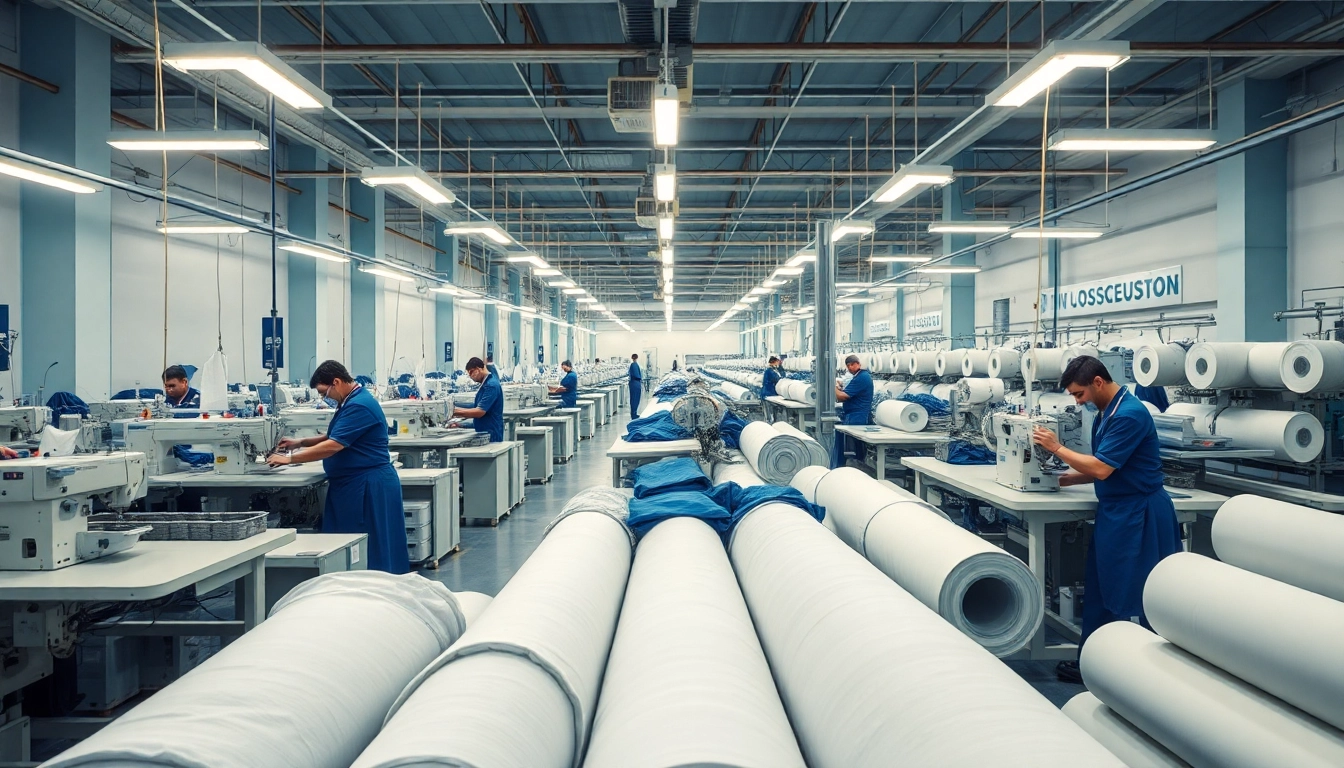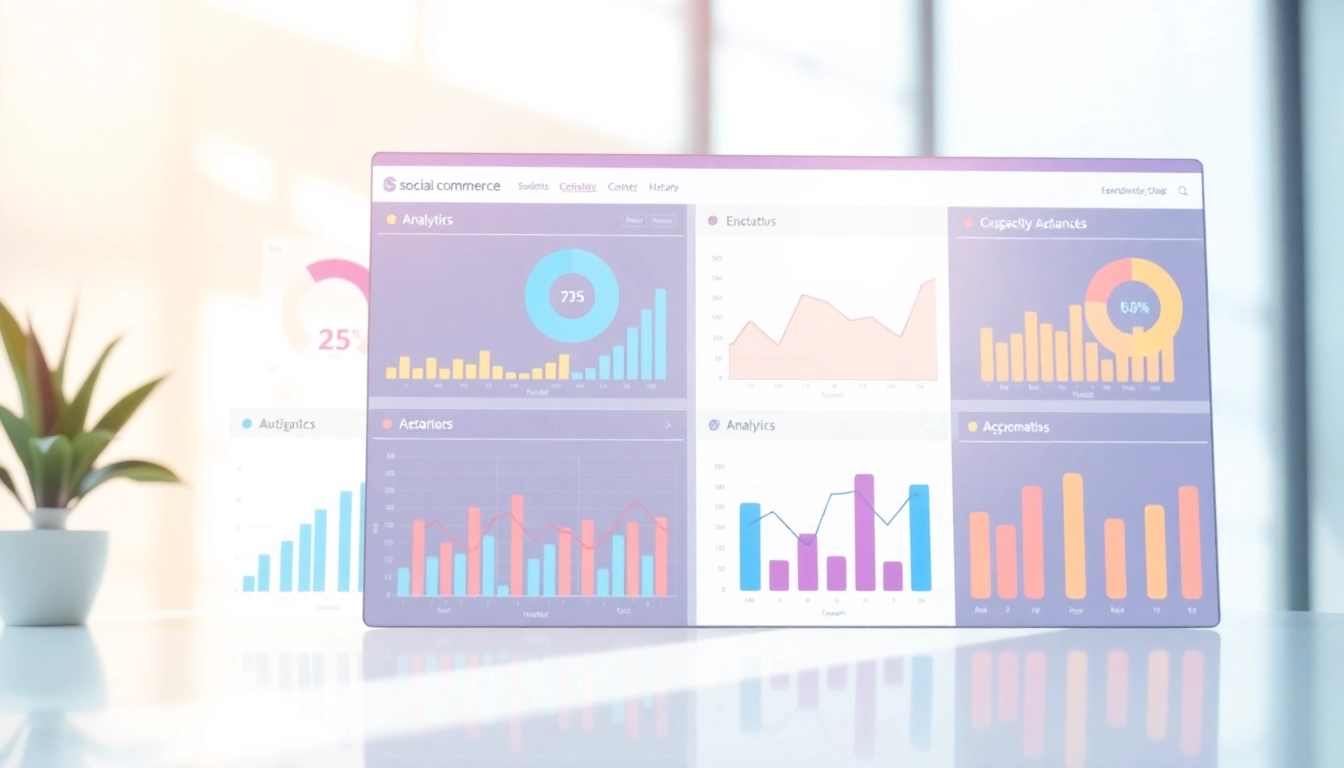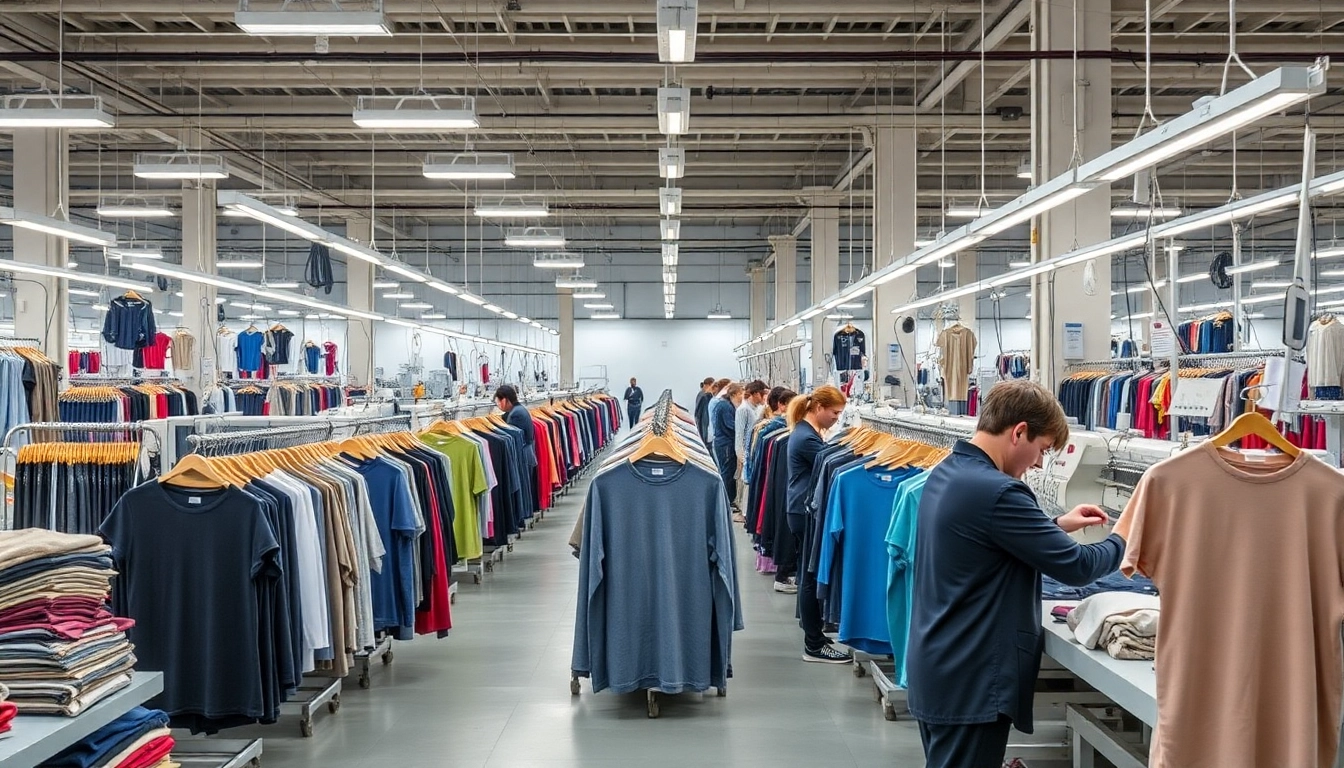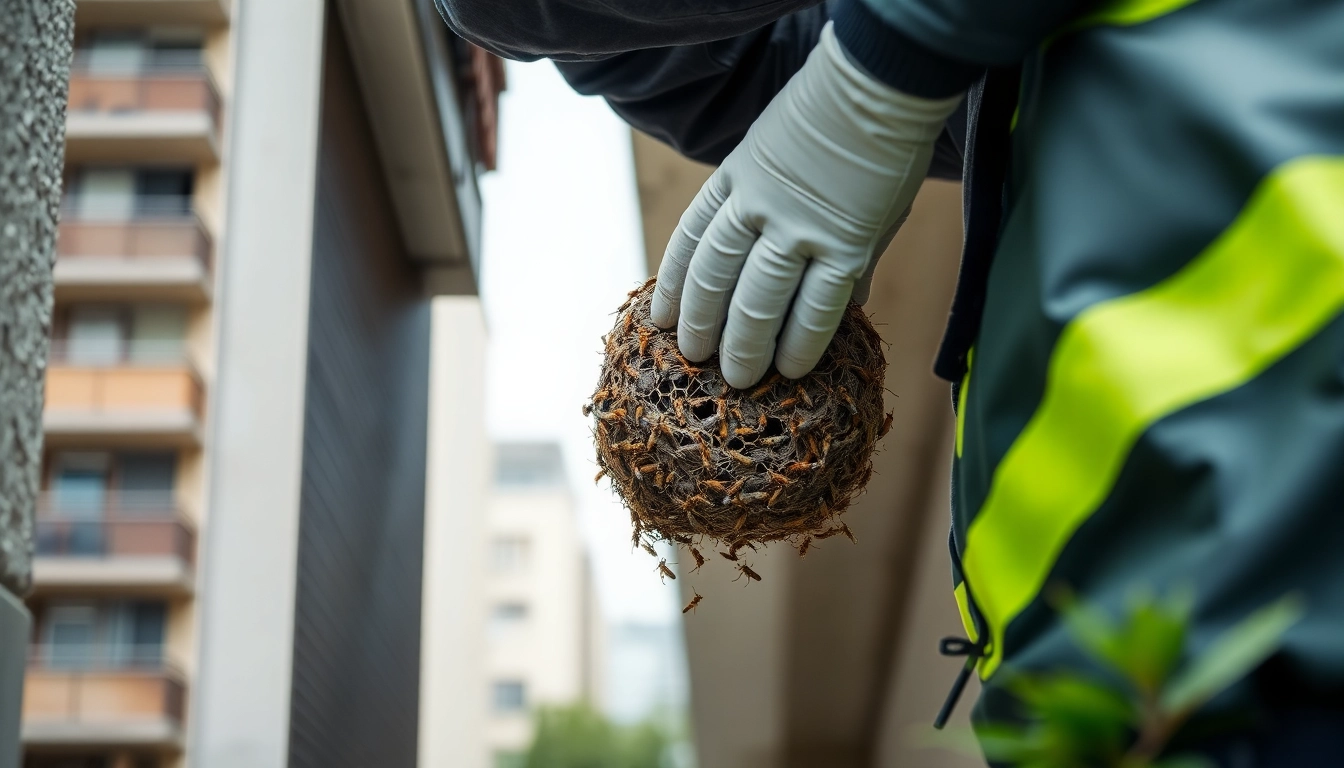Understanding the Role of Clothing Manufacturers in Fashion Production
In the dynamic world of fashion, the backbone of apparel creation lies in the expertise and capabilities of clothing manufacturers. Whether launching a new clothing line or expanding an existing brand, understanding what clothing manufacturers do is fundamental to making informed decisions that align with your business goals. These entities transform raw fabrics into finished garments through a series of intricate processes, ranging from design implementation to production and quality assurance.
Clothing manufacturers serve as the bridge between designers and retail markets. They bring technical expertise, industrial capabilities, and logistical support that enable brands to scale efficiently. For entrepreneurs and established brands alike, partnering with the right manufacturer can significantly influence cost structures, product quality, lead times, and ultimately, customer satisfaction. Clothing Manufacturers are diverse, specializing in various segments such as luxury fashion, sportswear, casual apparel, and niche markets, offering tailored services to meet specific brand requirements.
Types of Clothing Manufacturing Services
The apparel manufacturing industry caters to numerous service models, each designed to address different needs of brands and designers:
- Full Package Manufacturing: The most comprehensive service, handling everything from fabric sourcing and pattern design to finished product delivery. Ideal for brands seeking a one-stop solution.
- Private Label Manufacturing: Allows brands to sell products under their own label without investing in manufacturing infrastructure. The manufacturer produces garments that bear the brand’s label, enabling quick market entry.
- White Label Manufacturing: Similar to private labeling but often with more generic branding, suitable for companies focusing on custom designs without significant branding efforts.
- Cut, Make, and Trim (CMT): The manufacturer handles the cutting, sewing, and finishing processes, while the brand supplies fabrics and trims.
- Sample Development and prototyping: Before mass production, manufacturers develop samples based on the brand’s design specifications to test fabric behavior, fit, and aesthetics.
Each service type has its advantages depending on budget, control over the production process, and time-to-market considerations. For startups or brands exploring new markets, partnerships with flexible and reliable manufacturers offering comprehensive services are often preferred.
Benefits of Partnering with Professional Clothing Manufacturers
Collaborating with seasoned clothing manufacturers offers numerous benefits that can elevate a brand’s market presence:
- Consistency and Quality Control: Established manufacturers adhere to quality standards, certifications, and inspection protocols that ensure uniform product quality.
- Cost Effectiveness: Bulk production and optimized manufacturing processes lower per-unit costs, enabling competitive pricing strategies.
- Scalability: Reliable manufacturers can ramp up production to meet increased demand, facilitating business growth without compromising quality.
- Faster Time-to-Market: Experienced partners streamline the production cycle, reducing lead times from design to delivery.
- Access to Innovative Technologies: Modern factories utilize cutting-edge machinery and sustainable methods, aligning with consumer preferences for eco-friendly fashion.
Engaging with professional manufacturers also allows brands to focus on core competencies like design, marketing, and sales, while leveraging manufacturing expertise to produce high-demand products efficiently and reliably.
Key Factors to Consider When Choosing a Clothing Manufacturer
Location and Manufacturing Capabilities
The geographic location of a manufacturer influences production costs, lead times, and communication effectiveness. Countries like Pakistan, Bangladesh, Vietnam, and China are popular due to their robust manufacturing infrastructure and cost advantages. For example, many Pakistani manufacturers offer high-quality products, particularly in knitted and woven garments, with specialized facilities for various fabrics and styles.
Quality Standards and Certifications
Ensure your partner complies with internationally recognized quality standards such as ISO, Sedex, BSCI, or WRAP certifications. These attest to ethical practices, worker safety, and environmental management, aligning your brand with responsible production.
Pricing, MOQs, and Lead Times
Price competitiveness is critical, but it should not compromise quality. Clarify minimum order quantities (MOQs) that align with your budget and business scale. Additionally, assess production lead times and shipping logistics to ensure timely delivery, especially for seasonal or trend-sensitive apparel.
How to Find Reliable Clothing Manufacturers for Your Brand
Researching Verified Suppliers in Pakistan and Beyond
Pakistan stands out as a prominent hub for apparel manufacturing, known for producing high-quality textiles at competitive prices. Websites like Sewport and industry directories help identify verified factories and establish initial contact. Additionally, attending trade shows or industry expos can facilitate face-to-face evaluations.
Evaluating Manufacturing Portfolios and Client Testimonials
Review each manufacturer’s portfolio to understand their expertise, product range, and specialization. Client testimonials, case studies, and online reviews provide insights into their reliability, adherence to deadlines, and quality standards. Leading companies like ZK International and Anis Apparel often showcase their certifications and sample collections online.
Requesting Samples and Negotiating Terms
Always request samples before committing to large orders. This step verifies fabric quality, construction, and fit. Negotiating payment terms, lead times, and after-sales support is crucial to build a mutually beneficial partnership.
Innovative Trends in Clothing Manufacturing
Sustainable and Eco-Friendly Fabrics
As consumers become more environmentally conscious, manufacturers are adopting sustainable practices. This includes using organic cotton, recycled polyester, and eco-friendly dyes. Brands that incorporate such materials can fulfill growing demand for green fashion, enhancing their reputation.
On-Demand and Small Batch Production
On-demand manufacturing allows brands to produce garments only when ordered, reducing excess inventory and waste. Small batch production ensures greater customization and faster response to market trends, especially beneficial for startups and niche brands.
Private Label and White Label Manufacturing
Private and white label solutions enable brands to create distinctive product lines under their branding without extensive manufacturing investments. This flexibility supports rapid brand development and agility in responding to market shifts.
Steps to Launch Your Clothing Line with the Right Manufacturer
Design and Sampling Process
Start by developing detailed technical packs, sketches, and fabric choices. Work closely with your manufacturer to produce prototypes, allowing adjustments before mass production. Effective communication during this phase ensures the final product aligns with your vision.
Production Planning and Timeline Management
Establish a clear production timeline, factoring in sample approval, bulk manufacturing, quality inspections, and logistics. Early planning mitigates delays and coordinates arrival schedules for launches or seasonal collections.
Quality Control and Shipping Logistics
Implement rigorous quality assurance protocols, including in-line inspections and final audits. Choose trustworthy logistics partners to manage customs, warehousing, and delivery, ensuring your products reach the market on schedule.




